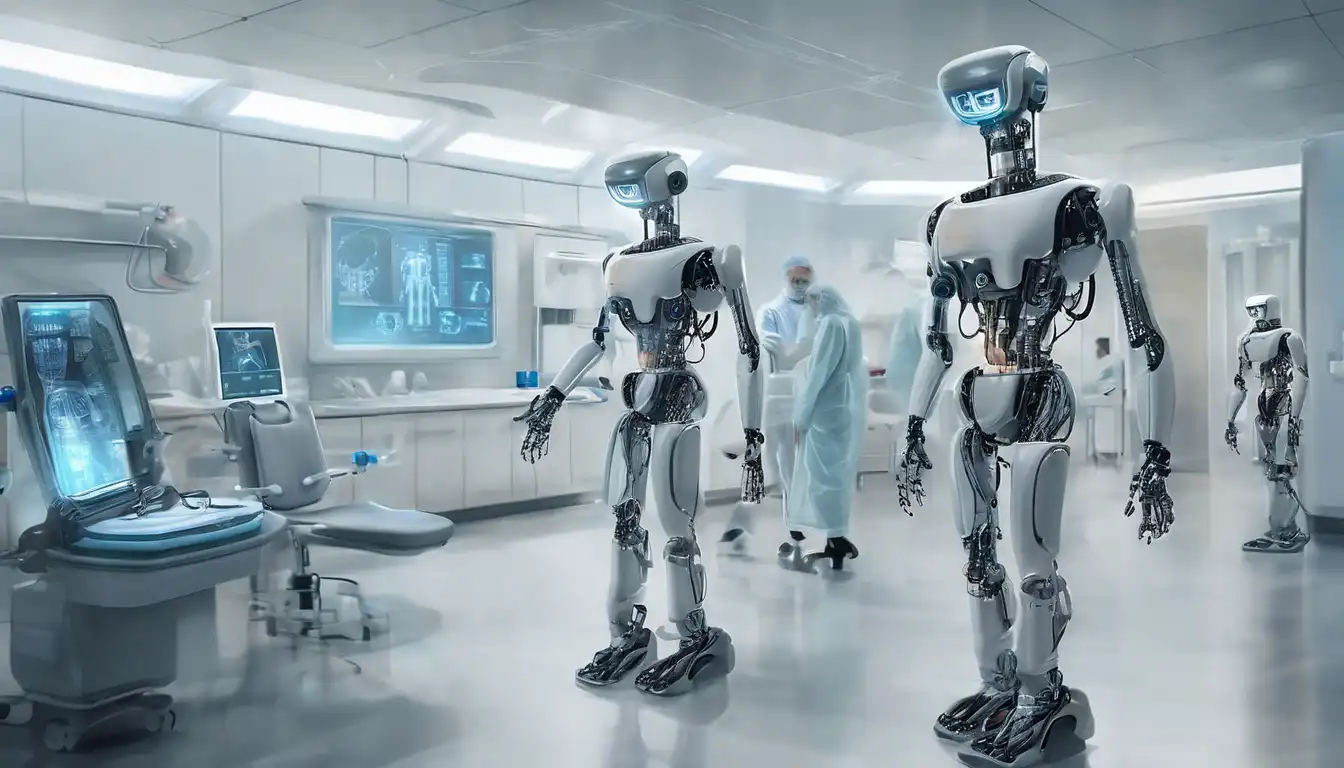The Next Era of Robotics in Healthcare
The integration of robotics into healthcare is transforming patient care, surgical procedures, and rehabilitation processes. This technological advancement is not just a glimpse into the future; it's a present reality that's reshaping the healthcare industry. From robotic-assisted surgeries to automated patient monitoring systems, the potential for robotics in healthcare is boundless.
Robotic-Assisted Surgeries: Precision and Efficiency
One of the most significant contributions of robotics in healthcare is in the field of surgery. Robotic-assisted surgeries allow for unparalleled precision, reducing human error and improving patient outcomes. These systems, such as the renowned da Vinci Surgical System, enable surgeons to perform complex procedures with more control and flexibility than traditional techniques.
Automated Patient Monitoring: A New Standard of Care
Robotics technology has also paved the way for automated patient monitoring systems. These systems can track vital signs, administer medication, and even alert healthcare providers to potential issues before they become critical. This not only enhances patient care but also alleviates the workload on healthcare professionals, allowing them to focus on more critical tasks.
Rehabilitation Robotics: Accelerating Recovery
Rehabilitation robotics is another area where this technology is making a profound impact. Devices such as exoskeletons and robotic prosthetics are helping patients regain mobility and independence after injuries or strokes. These innovations are not only improving the quality of life for patients but are also reducing the time and cost associated with traditional rehabilitation methods.
The Future of Robotics in Healthcare
As technology continues to evolve, the future of robotics in healthcare looks promising. With advancements in artificial intelligence (AI) and machine learning, robotic systems are becoming more intelligent and capable of performing complex tasks autonomously. This could lead to breakthroughs in personalized medicine, where treatments are tailored to the individual's unique genetic makeup.
Moreover, the integration of robotics in healthcare is expected to address some of the industry's most pressing challenges, such as the shortage of healthcare professionals and the increasing demand for services due to an aging population. By automating routine tasks, robotics can free up healthcare workers to focus on patient care, ultimately improving the efficiency and quality of healthcare services.
In conclusion, the future of robotics in healthcare is not just about technological innovation; it's about creating a more efficient, effective, and compassionate healthcare system. As we continue to explore the possibilities, one thing is clear: robotics will play a pivotal role in shaping the future of healthcare.
For more insights into how technology is transforming healthcare, check out our articles on AI in Healthcare and Telemedicine.
